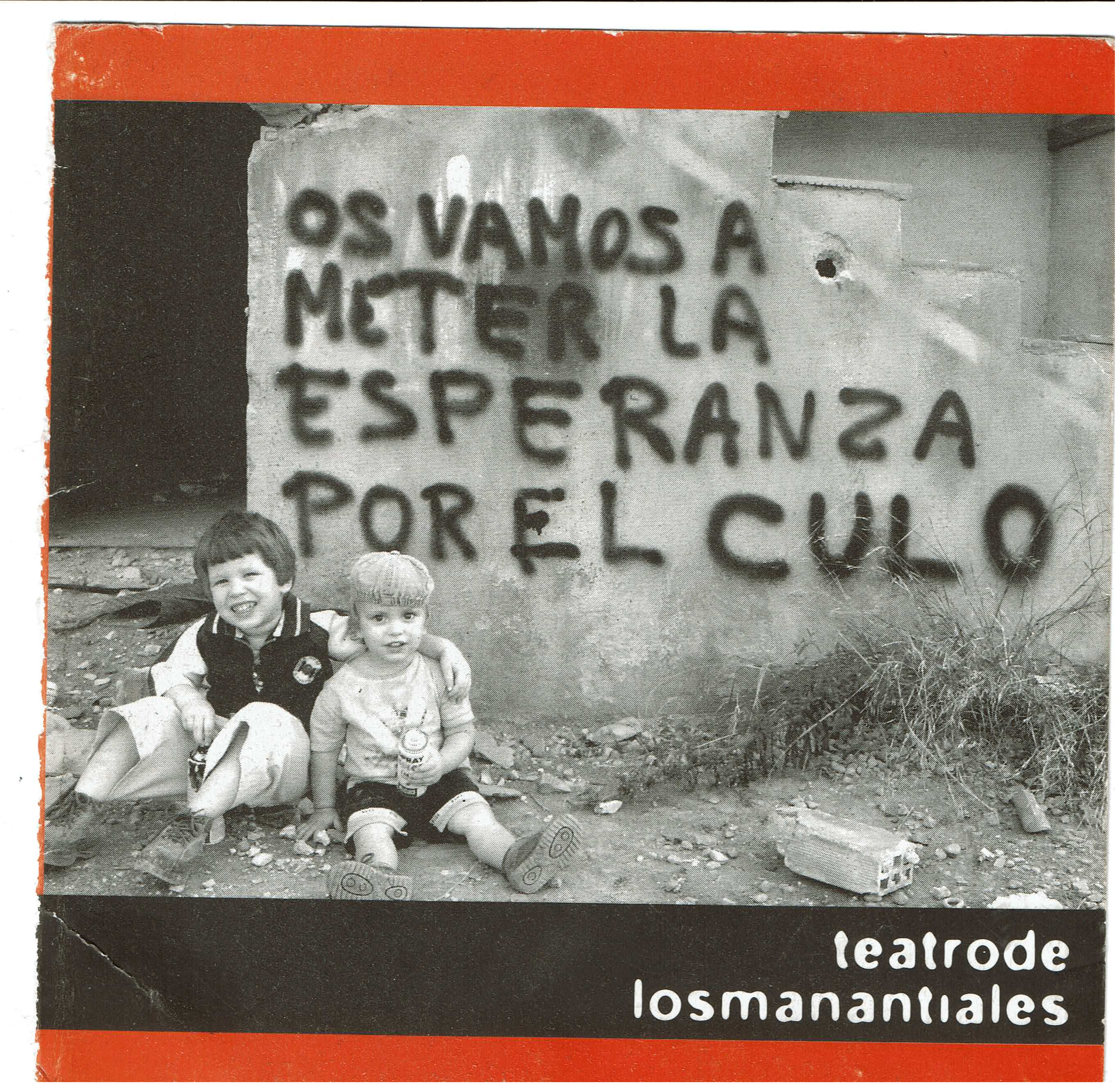Introduction to Spanish politics in 2023 for lemmytors:
Simplifying everything, the Spanish speaking right-wing is led by the mainstream right party Partido Popular or PP, which needs the support of the far right party Vox. However, Vox is radically centralist and wants to take away functions from Comunidades Autónomas or regional governments (similar to the US’ individual states), which makes it impossible for a PP-Vox coalition to reach any agreement with the Catalan or Basque parties, for which autonomy of the regional governments is a core issue.
This means that the only viable government is one formed by PSOE (socialdemocrats/liberals) and Sumar (democratic socialists/anticapitalists), supported by ERC (Catalan left wing), Junts (Catalan right wing), Bildu (Basque left wing) and PNV (Basque right wing), which is a very similar composition to the government we had before these elections. This means a parliament that isn’t too shaky, but also not too stable, because these parties have a lot of divergent goals and are mostly united by not wanting PP-Vox to reach the central government.
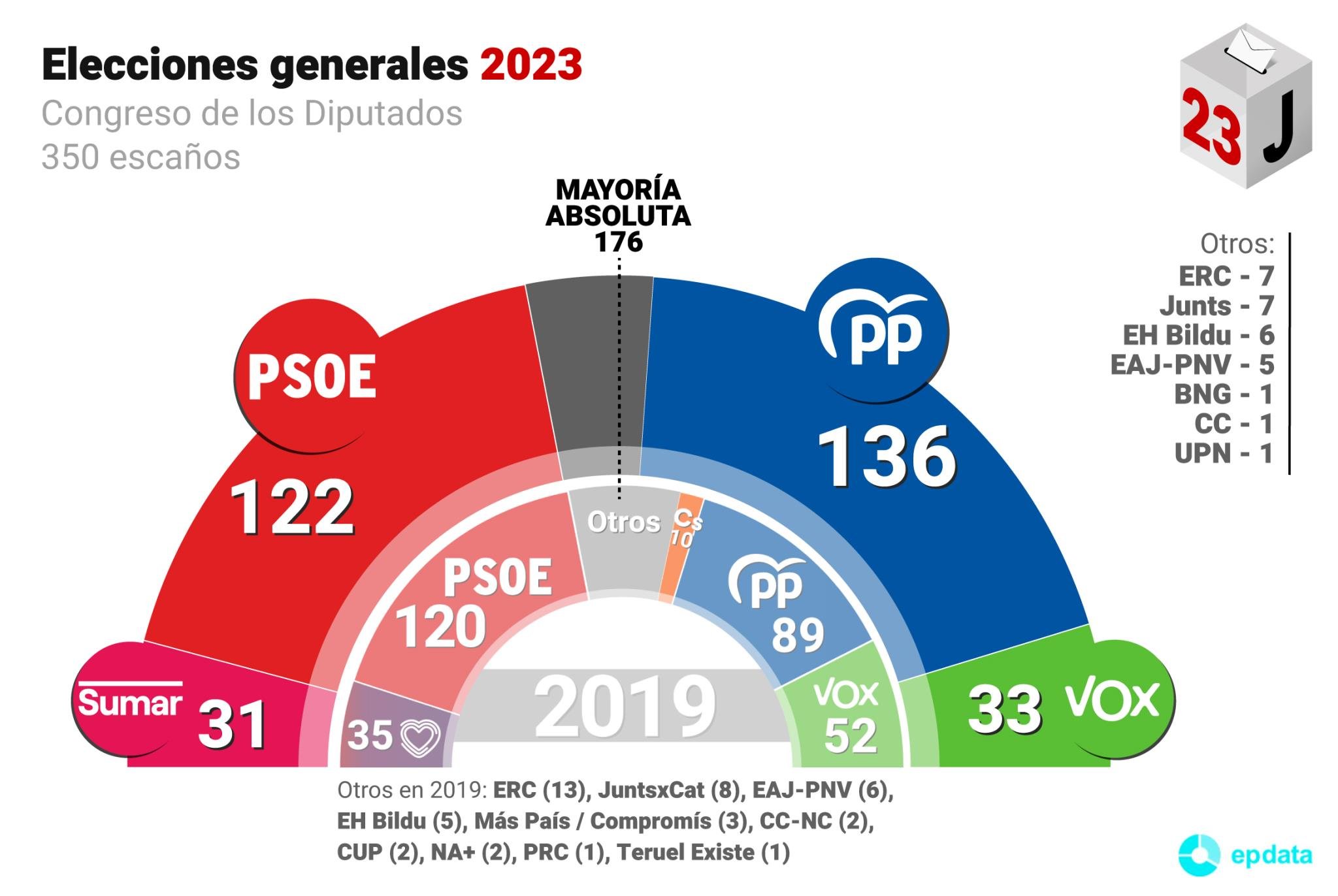
What has the government done during the previous 4 years?
These years have been fundamentally marked by the pandemic first, and by the war in Ukraine later. The pandemic was met with a moderately strong lockdown, which likely contained a potentially far more difficult disaster but badly damaged the tourism-based Spanish economy, while the right-wing opposition was promoting denialism and COVID conspiracy theories. In order to protect companies and employment, the government issued processes of temporary suspension of employment, where companies were forbidden to fire workers during the lockdown but their salaries were subsidized.
The sanctions on Russia shouldn’t have affected Spain too much, since we mostly get our gas from Algeria, and this is backed by the fact that Spain got one of the lowest inflation rates of the EU in 2022. However, this didn’t stop energy distribution companies from getting embroiled in a speculation process that has fundamentally affected basic goods, so even though in macroeconomic terms we have had a low inflation in comparison with other European countries, that inflation has been unevenly distributed and damaged humble families the most. A criticism that should be made here is that the government didn’t do enough to regulate and/or punish distribution companies that engaged in speculation that wasn’t driven by real cost increases.
These two matters aside, the government did also:
-
Enact a relatively ineffective minimum income, which according to official statistics has supported almost 2 million people, but looking deeper into the data you find plenty of bureaucratic traps that provoked these grants to become far too difficult to get and somewhat easy to lose.
-
Several feminist reforms, such as allowing 16 year olds to get abortions without parental permission, allowing doctors to grant paid medical leave due to particularly painful periods, and a reform on the law regulating sex abuse crimes. This measure has been particularly controversial as it provoked roughly 100 sex offenders to be released early, which according to the responsible minister was provoked by judges wilfully misinterpreting the law.
-
The “Trans Law”, which grants the right of gender self-determination, allowing people to change their legal gender without permission from a doctor or a judge, making Spain one of the first countries of the world to recognize this right. While this provoked a lot of controversy in mass media and social media, voters mostly supported the reform, with over 50% supporting it and barely 20% opposing it.
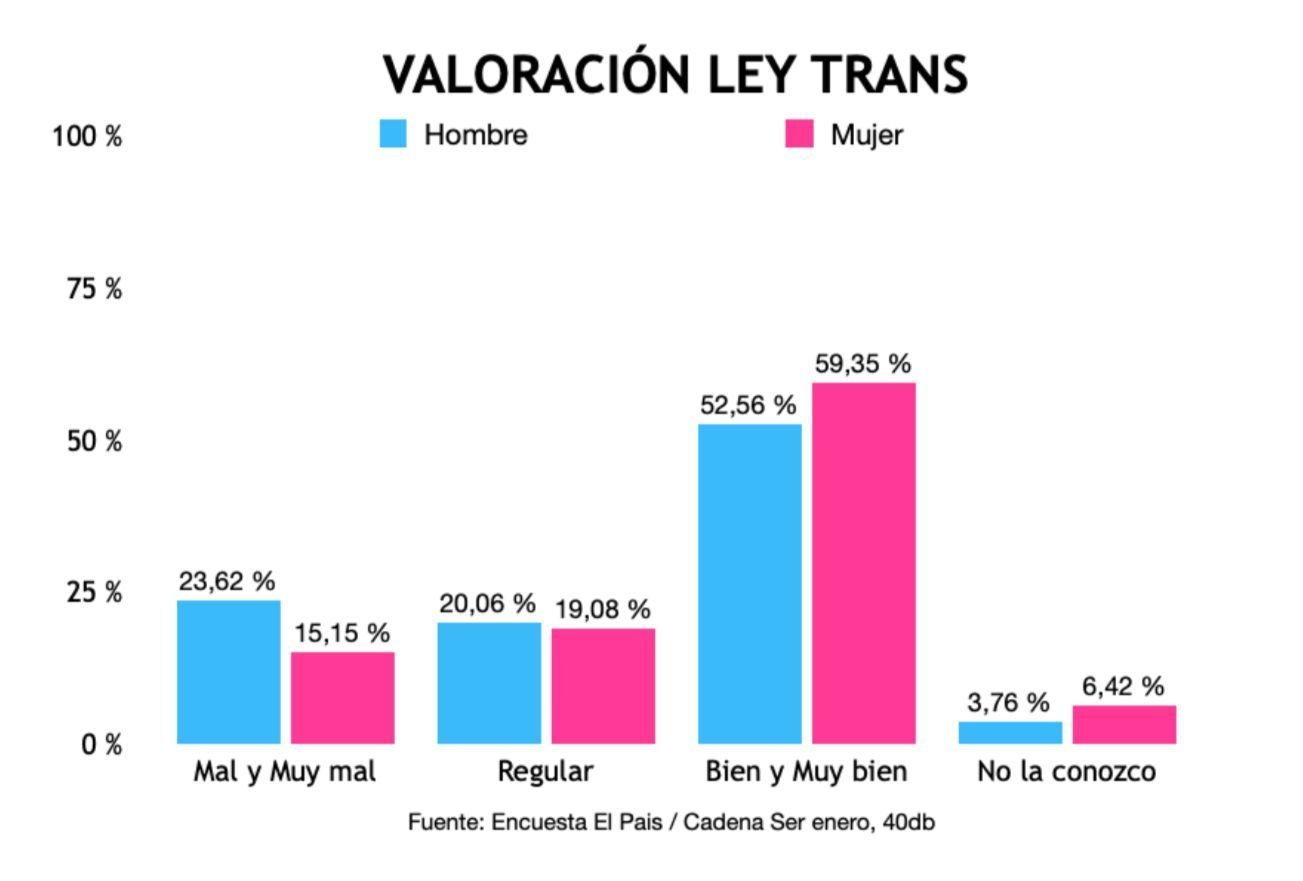
-
A not too successful reform on rent, allowing cities to enact zones where landlords are forbidden to raise rent if they notice sharp increases. However, this hasn’t prevented rent prices to continue raising. Near the end of the period, the government has started drafting plans for increasing public housing, but it’s undeniable too little and too late.
-
Continued increases of minimum salary, aiming to get closer to France’s, gradually increasing from 900€/month in 2019 to 1080€/month in 2023. During the same period, unemployement has decreased despite the pandemic. Inflation was within control until the start of the war.
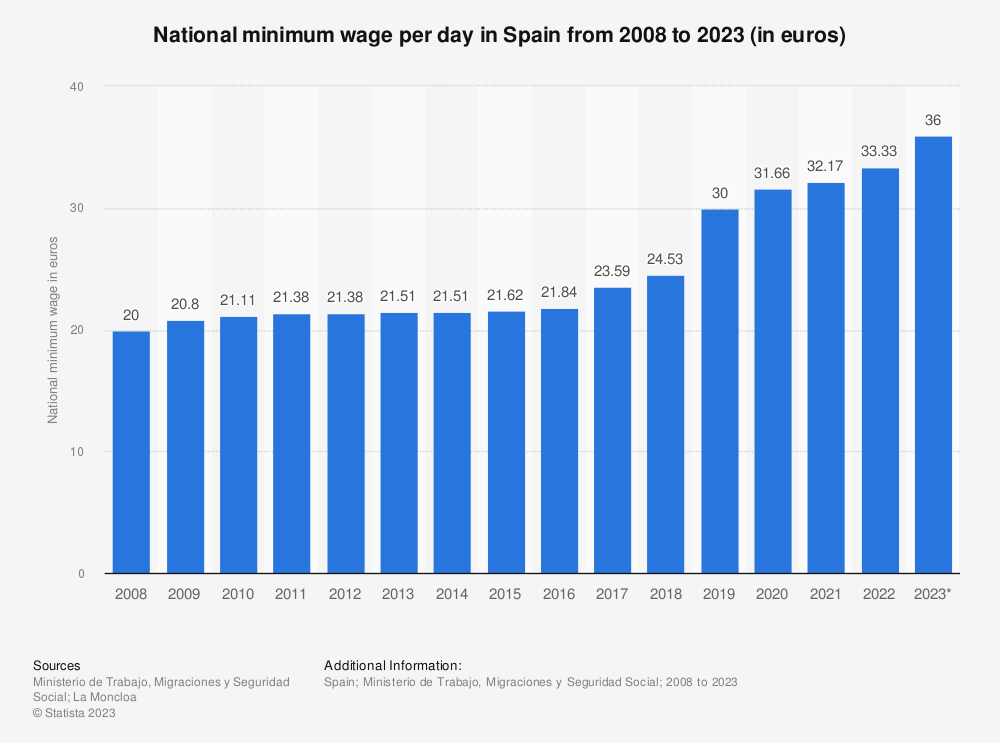
It should also be mentioned:
-
Stagnation of Catalonya’s indepedence process. While PSOE promised to negotiate with Catalan parties, the idea of a referendum has further slipped away across the years. While it remains unclear how aggressive Catalan parties will be during the incoming rounds of negotiations, their loss of support during these elections leaves them at a weakened position. It could be argued, after yesterday’s results, that many Catalans have decided independence isn’t too important for them as long as the Spanish-speaking right wing isn’t ruling from Madrid.
-
Looking forward, there will likely continue to be tensions between PSOE’s extremely moderate economic views, and Sumar’s ambitions for wide reforms. One of the core measures Sumar has campaigned for was a reduction on the workweek. The ever rising price of rents will likely make housing a hot issue, but PSOE will find itself in tension as many members in the higher echelons of their party tend to appeal to landlords’ interests.
What has the right wing campaigned for?
PP, the mainstream right wing party, has ran a rather dull campaign based on common talking points for any opposition party, such as the ideas that the ruling party has mismanaged the economy, but haven’t been too explicit regarding their actual plans.
Vox, on the other hand, has a very strange tendency to straight up copy the talking points of the US’ republican party, regardless of how well accepted they are in Spanish society. Two particularly notorious examples would be their denialism of climate change and their attempt to capitalize on transphobia, despite Spain being one of the European countries most acceptive of trans people:
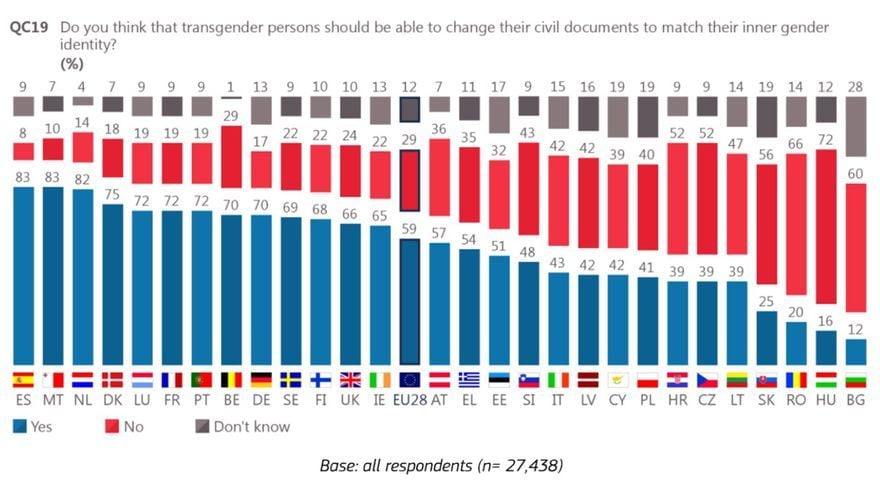
After the recent local elections a few months ago, many town councils now ruled by a PP-Vox coalition have engaged in a variety of measures such as the early removal of LGBT flags, and the censorship of media pieces that display LGBT realities in local services.
Edit: What the hell is this about me having a newsletter lmao. Thanks for the supportive comments though.
As a Spaniard, I can confirm that this is a great balanced summary of Spanish politics, in my opinion.
This is very informative. Thank you for such a great write up.
Oh my god dude. I want to subscribe to your newsletter. Great post!
Thank you very much! A wonderful and informative read.
Thanks, my brother migrated to Barcelona (from Portugal) to work, this provided an interesting view on the topic
Fantastic comment, thanks!
Amazing write-up that accurately reflects the research I’ve been doing on Spanish Politics.
So happy that Vox got the boot this round. Sets a great precent.
Also, you have a newsletter?
Wow, what an amazing post!! Amazing. Here’s a medal:
🏅
How are Vox both far right compared to the right wing party and centrist ?
Centrist =/= Centralist. Centralism means wanting to concentrate power in the central government.
-
Thank the fuck Christ.
Let’s hope they do something to prevent this from happening again.
Its fucking disgusting. La Pen, Brothers of Italy, Vox and PiS are all coming together like some fucked up fascist coalition. They need to all be systematically dismantled.
People must be allowed to democratically express their will for their country, whether we like it or not. Instead of dismantling those we disagree with, we have to convince and persuade them that our side is better - and make that a reality.
The freedom of democratic expression ends where intolerence and policies based on hatred begin. You can’t argue for democratic freedom when it comes to parties that are literally against equal democratic freedom.
YESSSSS!!!
Please remain socialist leaning for the people and to show Europe the continuing benefits!
Plus some of us want to leave our facists hellholes for Spain js :)
The dust has not settled. Wait and see. And don’t bet against fascism in Spain.
An odd way to state that the Spanish fascists lost the election.
JFC. German media was full with news of a right wing victory. Good to see the socialists denied them a clear win.
Technically they did win. But they don’t have an absolute majority, while PSOE can form an absolut majority with Somar and independentist parties even if it’s unlikely. They’ll probably have new elections in 6 months or so.
Not spanish, correct me if I’m wrong: conservative/alt right majority was narrowly avoided by socialists and there might be a second round of elections soon?
It’s complicated. Since the “moderate” right are bullies and no one wants to make deals with them except the fascist party, the only option for them to rule was to win clearly.
Since that didn’t happened it opens the door for the actual government to try and repeat a similar deal like the one they used to rule the last four years.
They have to convince all the small parties to give them their support. Not easy but It can happen as it has happened four years ago, but the media is already selling the idea that the only option is for the country to go to elections again.
Remember that almost 90% of the media in Spain is in the right ideology, so for them it’s the only option available and will push this narrative as far as they can so the far right can rule.
Cleared it up, thanks! So, going forward, how’s it looking for the socialist party? How is the whole thing gonna play out? I’m entirely unfamiliar to how the spanish political system works. If it was similar to my country, elected leader (do you guys have a president?) would be locking horns all term long with congress and getting absolute jack shit done.
The deal is going to be difficult. But no one wants to support PP+Vox or be the ones to make them get to rule for action or omission (for all the parties involved it would be suicidal).
There is going to be a lot of political threatics, the media (almost all conservative) will push hard for new elections. In the end, no one from the left (and remember, PSOE is not a leftist party by any means) want that. So they will negotiate more or less their share and allow him to rule.
The right will try to make his candidate president (formality) and then Pedro Sánchez will take his chance.
Thanks for the thorough explanation! I’ll keep an eye on this.
The right wing parties PP + Vox did not reach the required 176 votes to form a coalition and no other party is going to support a government with far-right party Vox, so that possibility is ruled out.
Then, the socialists need to secure the vote of nearly all non-right-wing parties to be able to form a coalition, including support from all Basque and Catalan nationalist parties:
PSOE (122) + Sumar (31) + ERC (7) + Junts (7) + Bildu (6) + PNV (5) = 176 votes needed to appoint Sanchez as PM
This is going to be interesting how negotiations develop in the following months. If they don’t succeed, we will go to repeat elections in around 6-months time.
With this news: “Generalissimo Francisco Franco is still dead”
Removed by mod
I wonder how detailed your prompt was for this? Did you just say something like “apply a my little pony metaphor to the results of the recent Spanish election” or did you explain the whole situation to the model explicitly?
This explanation is awesome







